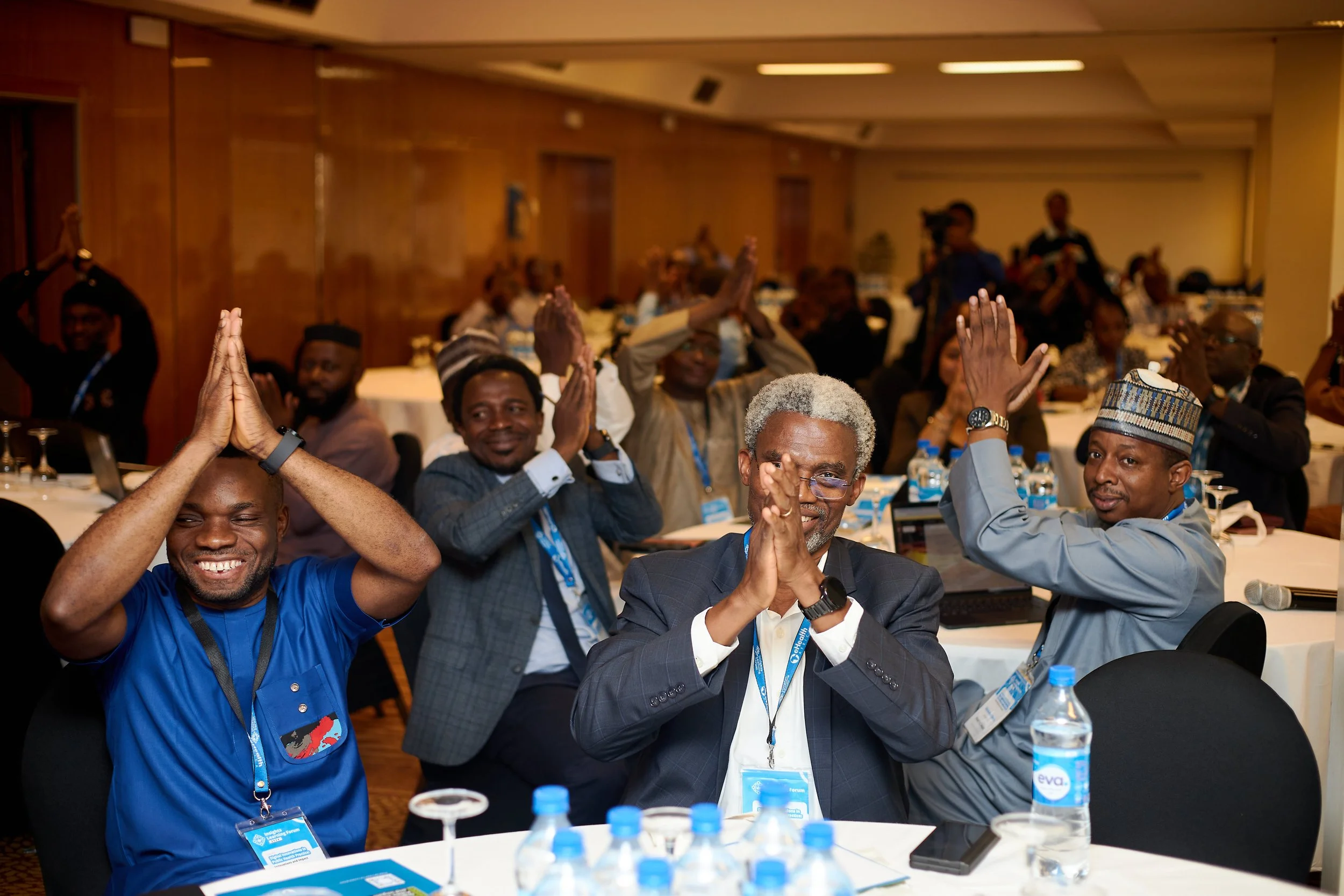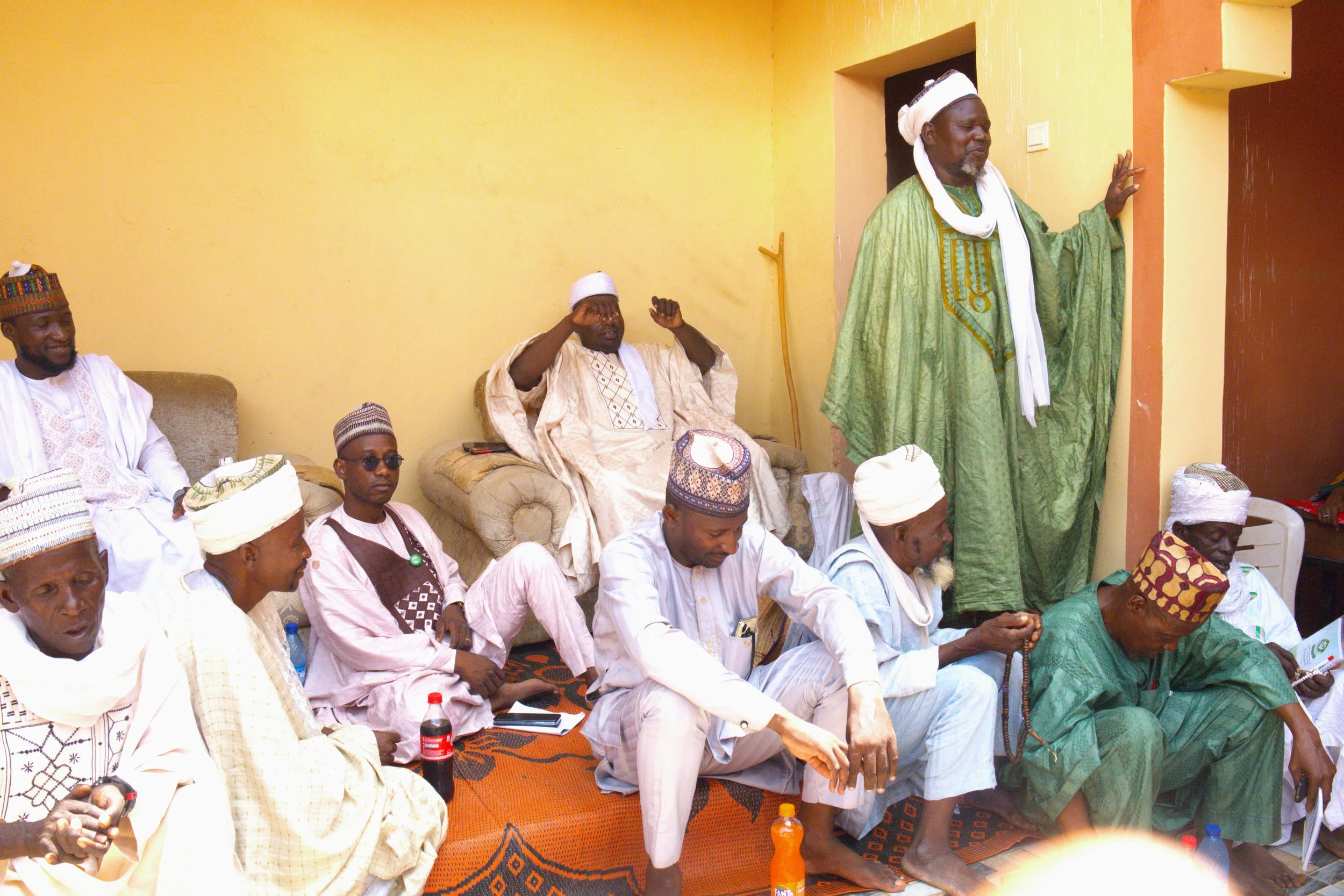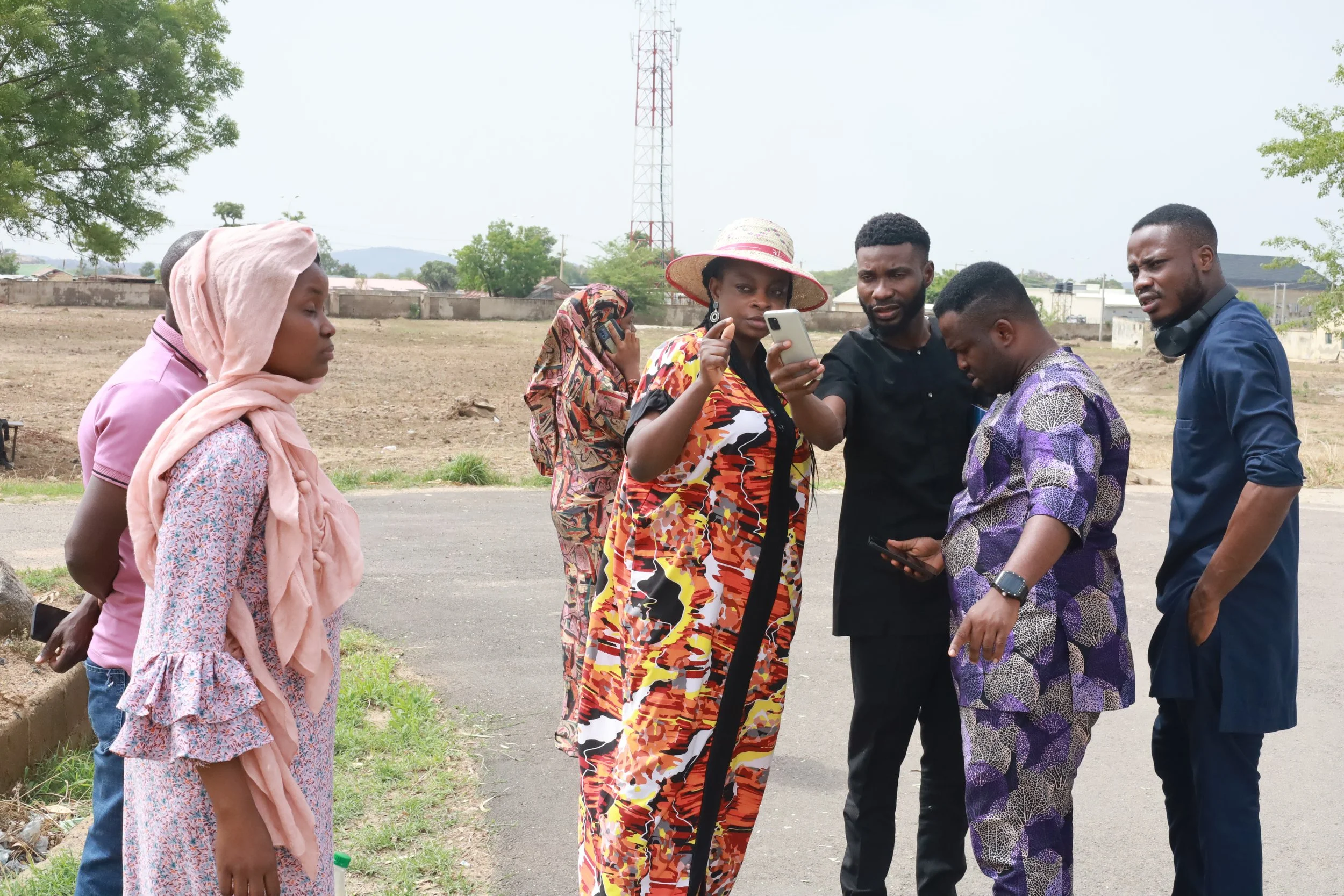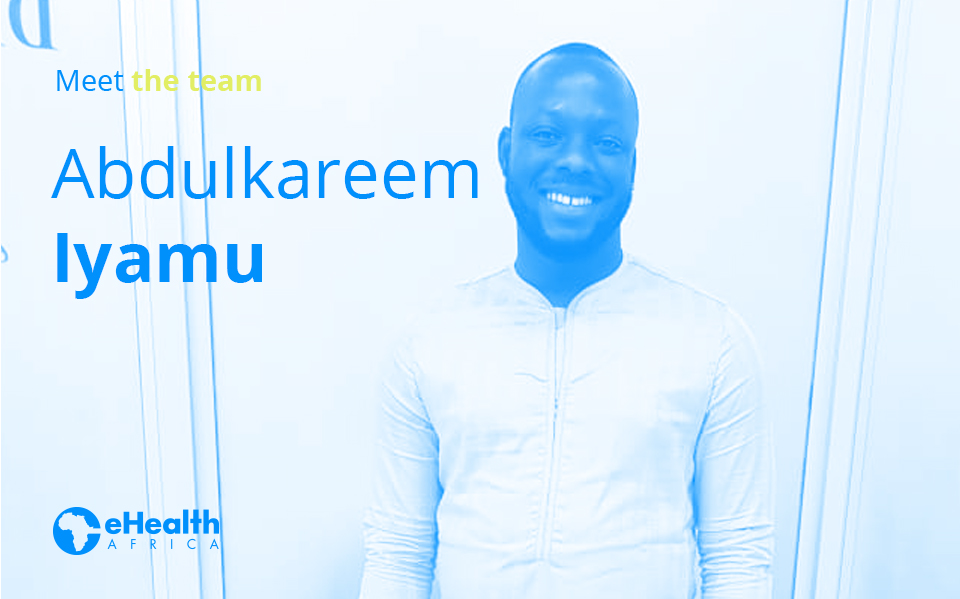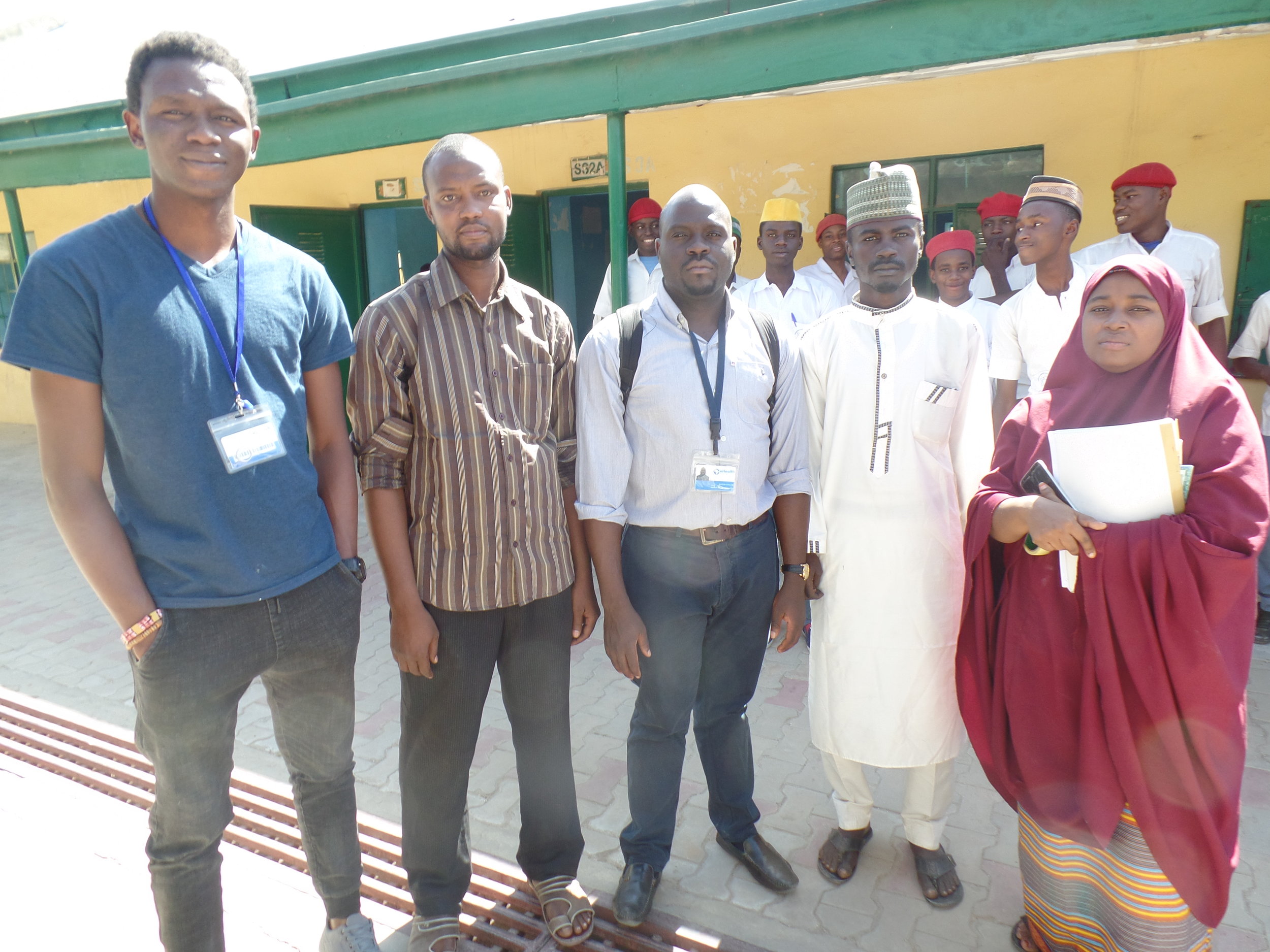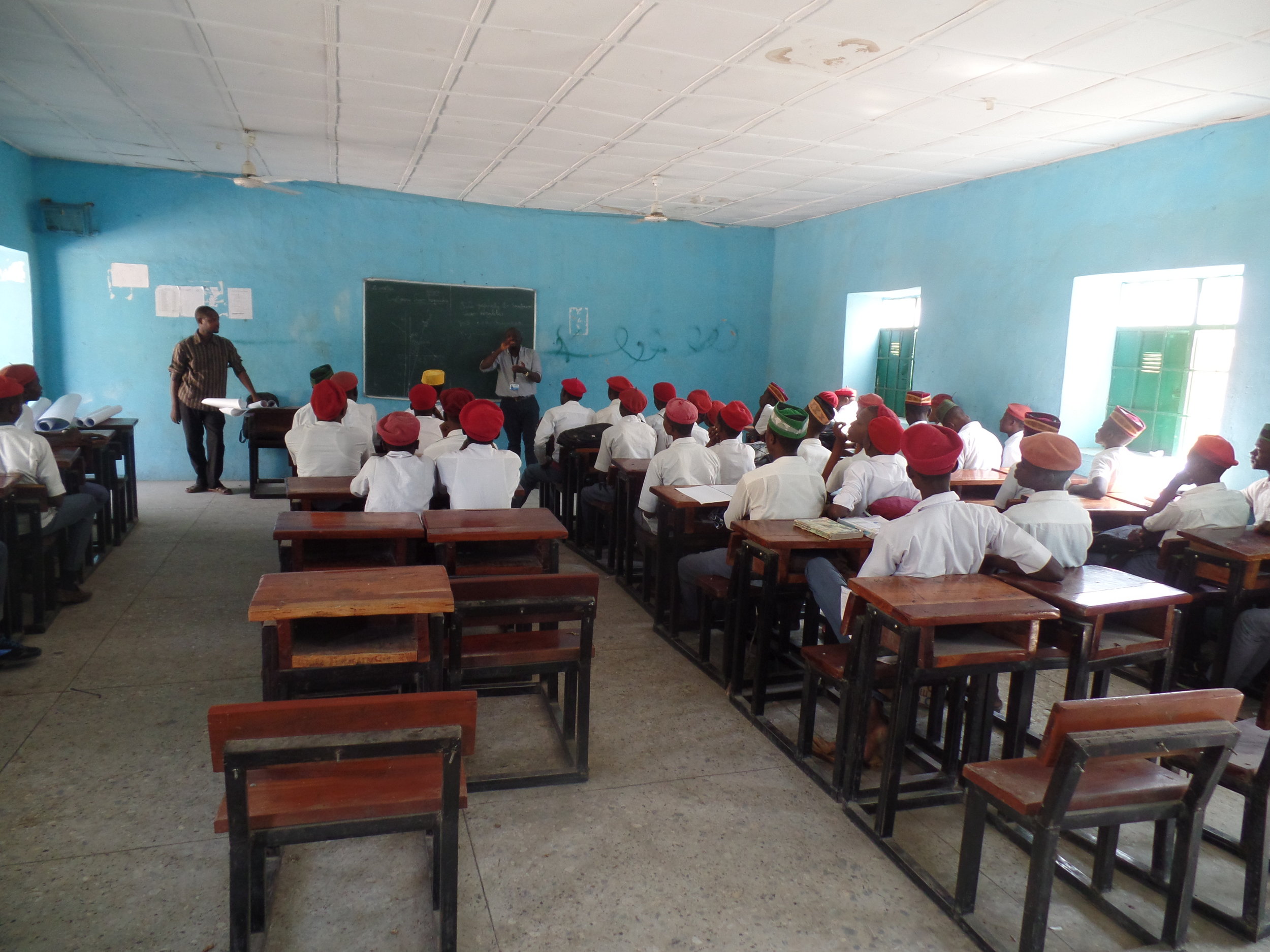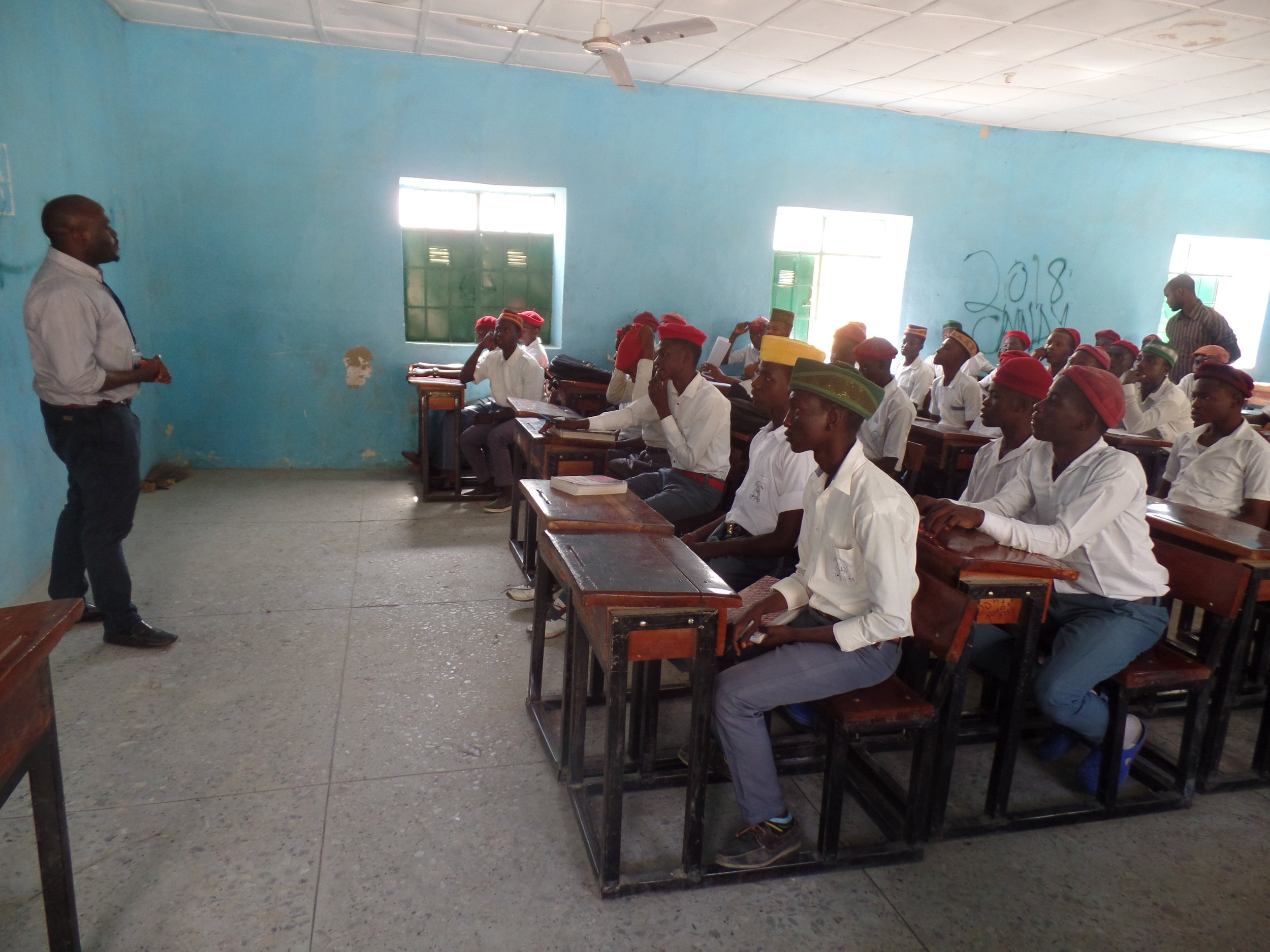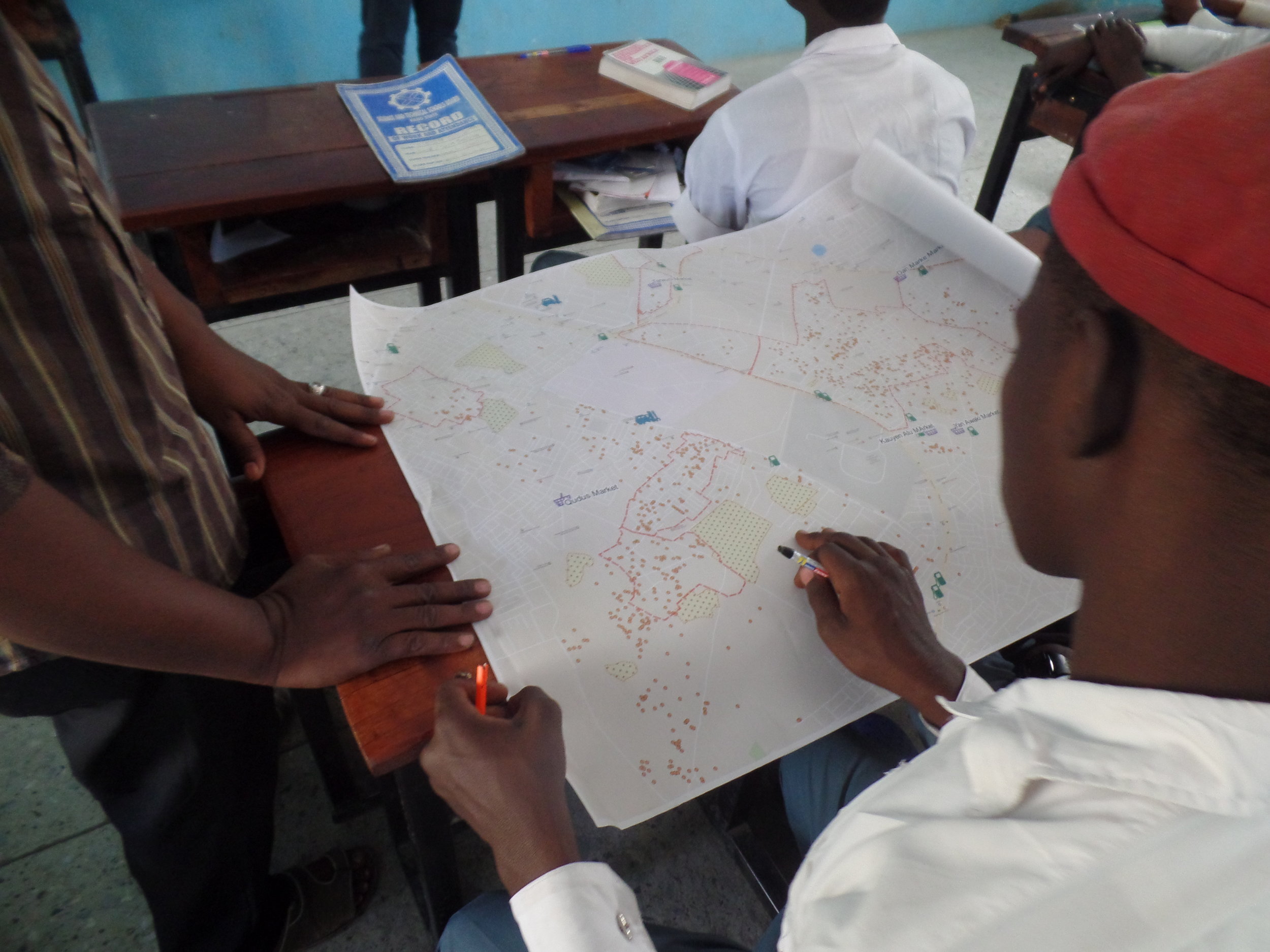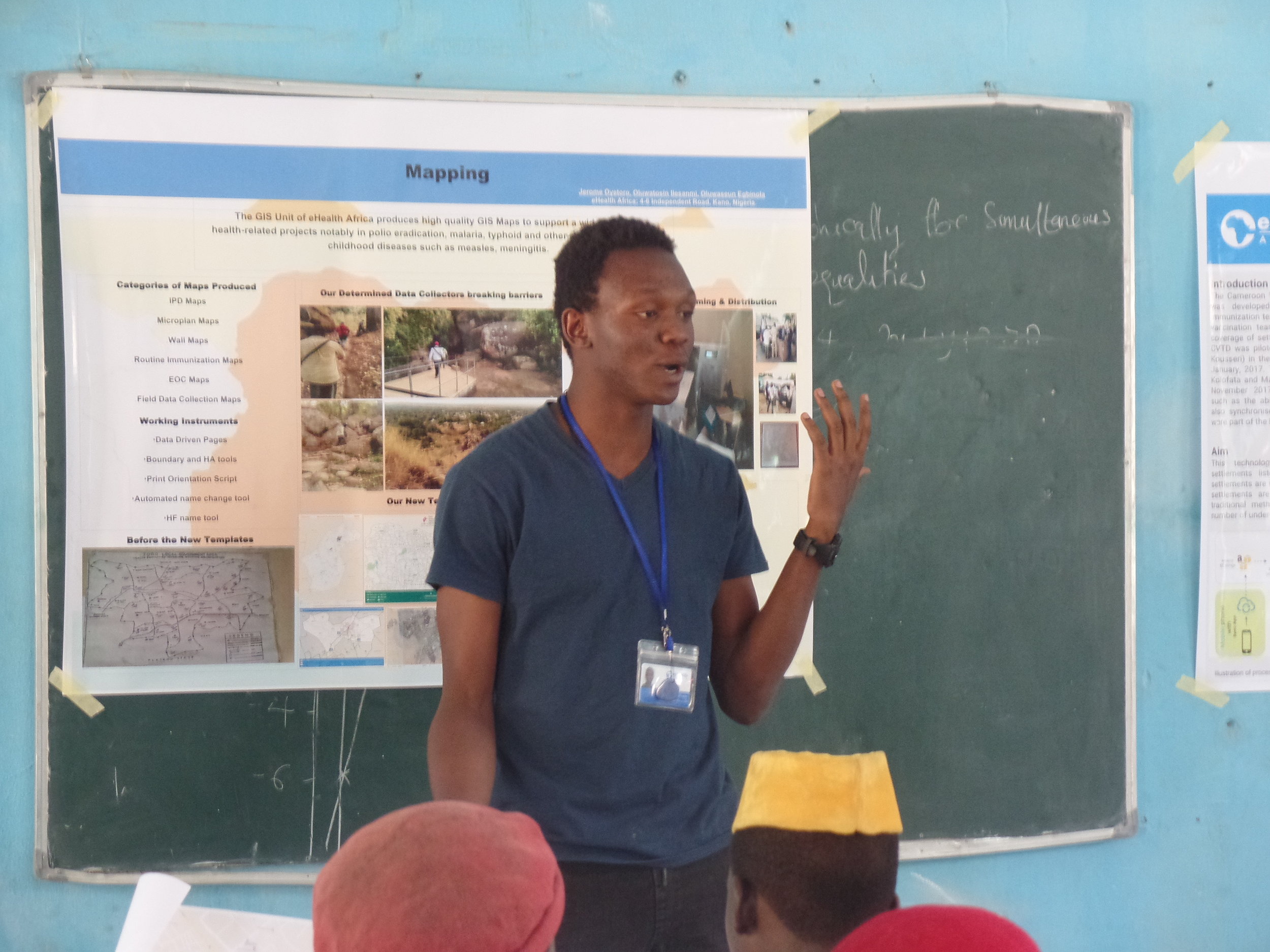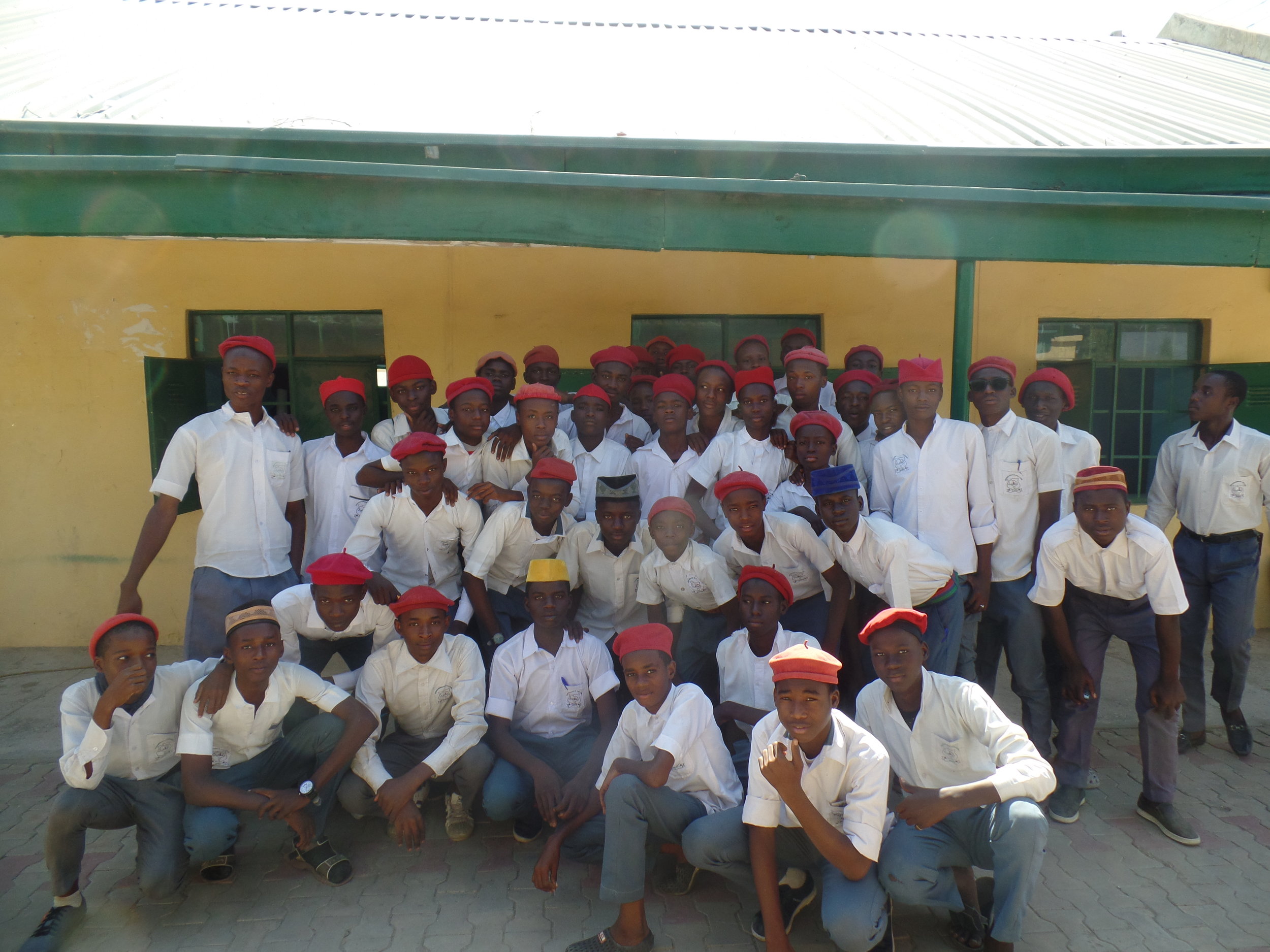Meet Abdulkareem Iyamu, a Senior Coordinator with our Operations team at our Kano Campus in Nigeria!
Kareem, as he is fondly called, works with the Geo- Referenced Infrastructure and Demographic Data for Development (GRID3) project that mapped 25 states in Nigeria plus the Federal Capital Territory (FCT). Currently, the project focuses on supporting states to use the geospatial data for informed decision making. The implementation of the project is mostly field-based and therefore, requires constant logistics support.
Kareem coordinates the operations side of the project. He makes sure people and resources are where they need to be at all times. He organizes travel plans, coordinates activities and event, and oversees the purchase and delivery of equipment. He ensures that the GRID3 project runs smoothly and often jokes that he could pass for the SCRUM master on the project.
Kareem joined eHA in 2017 and he has proved to be a valuable asset to his team and to eHealth Africa as a whole. He is well known and liked for his skills in organizing and is often drafted into various planning committees. He works hard to build relationships that are beneficial to the program and to eHA. Recently, he identified and helped eHA to win an opportunity for a household survey with Clinton Health Access Initiative (CHAI) in Kaduna State, Nigeria.
In Kareem’s opinion, eHA is a platform where every skill is valued and can be honed.
“The GRID3 team and eHA as a whole, have done excellently. I am particularly proud of the fact that we successfully completed phase one of the GRID3 project, in record time. At the beginning of the project, it seemed like a herculean feat to map the whole country in 7 months but we did it.”
Are you passionate about operations and logistics? Click here to read more about career options at eHA.

